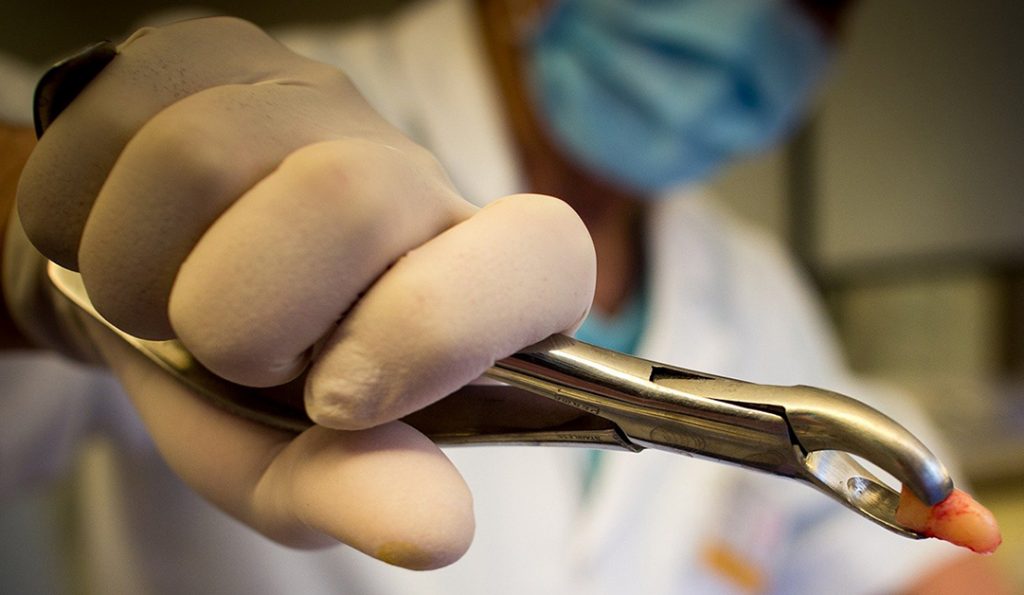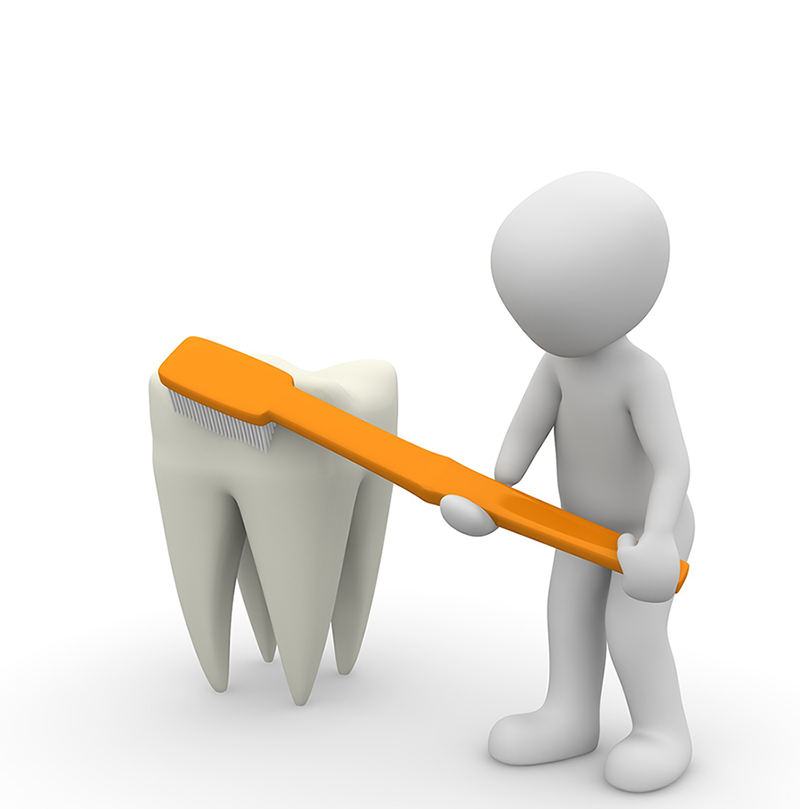
Emergency dental appointment for loosened teeth
Loosen teeth are common in children; it is a sign that baby teeth will fall, and permanent teeth will erupt in their place. However, loosened teeth in adulthood are a sign of dental diseases. Adult teeth, once erupted, should last a lifetime, but the perils of the oral environment combined with faulty dental hygiene and a bad diet can lead to gum disease, which cause the tooth to become loose. Loose teeth are the most significant feature of gum diseases.

What causes teeth to become loose?
Gum diseases are a result of poor oral hygiene. Our mouth hosts various bacteria. While some of these bacteria are harmless, some are disease-causing in specific conditions. If you do not brush and floss regularly or skip your dental cleaning appointments, it leads to dental plaque accumulation, which hardens to form dental calculus. Dental calculus harbours these disease-causing bacteria, which metabolises the sugars from our diet to release toxic substances. These toxic bacterial substances generate an inflammatory response in the gums and start destroying them. At this point, it is still possible to treat it with dental cleaning and medication.
If left untreated, the infection progresses further, leading to full-blown periodontitis leading to the deterioration of the jawbone. The jawbone encases the teeth and supports them to stay firm at their position. Once the jawbone is destroyed, the teeth lose their support which causes them to loosen.
Other causes of loosened teeth can be bruxism, that is, teeth grinding and clenching and dental injuries.

Complications of loosened teeth
Teeth loosening can be attributed majorly to gum diseases. Gum diseases can also lead to bleeding from the gums. Bleeding from the gums is often the earliest sign of gum diseases, which you notice while brushing and flossing your teeth or biting down on food like an apple. It can lead to swollen, fiery red and painful gums.
The most significant complication of loosened teeth is losing them. Significant bone destruction leads to tooth loss, as well.
The bacteria from a gum infection can reach the bloodstream and cause cardiac and stomach disorders as well. Gum diseases have been linked to chronic systemic diseases like diabetes, coronary diseases, arthritis and alike.
Treatment for loosened teet
- SCALING: Once you visit our clinic in London, our dentist will perform a deep scaling to remove the dental plaque and calculus. This reduces the bacterial load and gives the gums a conducive environment to start healing.
- FLAP SURGERY: If there is a recession present on your teeth surfaces, our specialised dentist in London will perform periodontal flap surgery to restore the gum height to previous levels.
- BONE GRAFTING: If the bone loss is significant, our dentist will advise you to opt for a bone grafting procedure. This will help the jawbone to regenerate and provide adequate support to the bone.
- TEETH SPLINTING: In some cases, teeth splinting might be necessary to ensure the gums and teeth have the time to heal without disturbance.
- MOUTHGUARDS: If the reason for loose teeth is bruxism, our dentist may prescribe you a mouthguard. You will have to insert this mouthguard over your teeth. The mouthguard protects the teeth from further damage and eliminates the unnecessary forces being applied to the gums and the jawbones.
- MEDICATION: Our board-certified dentists in London may also prescribe you antibiotics to reduce and fight the gums’ bacterial infections.

Alternative treatment protocol
In severe cases of gum diseases, loosened teeth are beyond saving. No amount of surgical or non-surgical interventions can save the teeth. In such a situation, the best treatment protocol is to systematically extract the loosened teeth and let the extraction socket heal. Once the extraction socket heals, we can consider replacing the missing teeth with false teeth.
If the remaining teeth are healthy enough, we can utilise them and replace the missing teeth with a dental bridge.
The much superior option to replace missing teeth is by using a dental implant followed by a crown.
The other option is to go for removable dentures if the above two are not suitable.

GUM HEALTH AND LOOSENED TEETH
Healthy gums will make sure your permanent teeth last a long time. Brushing regularly, using floss and visiting us for regular dental hygiene appointments is essential to maintain impeccable oral hygiene and prevent the complications of gum diseases.
